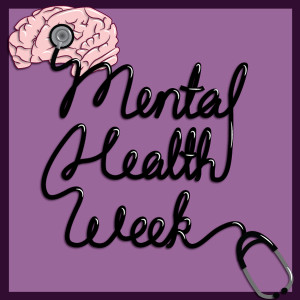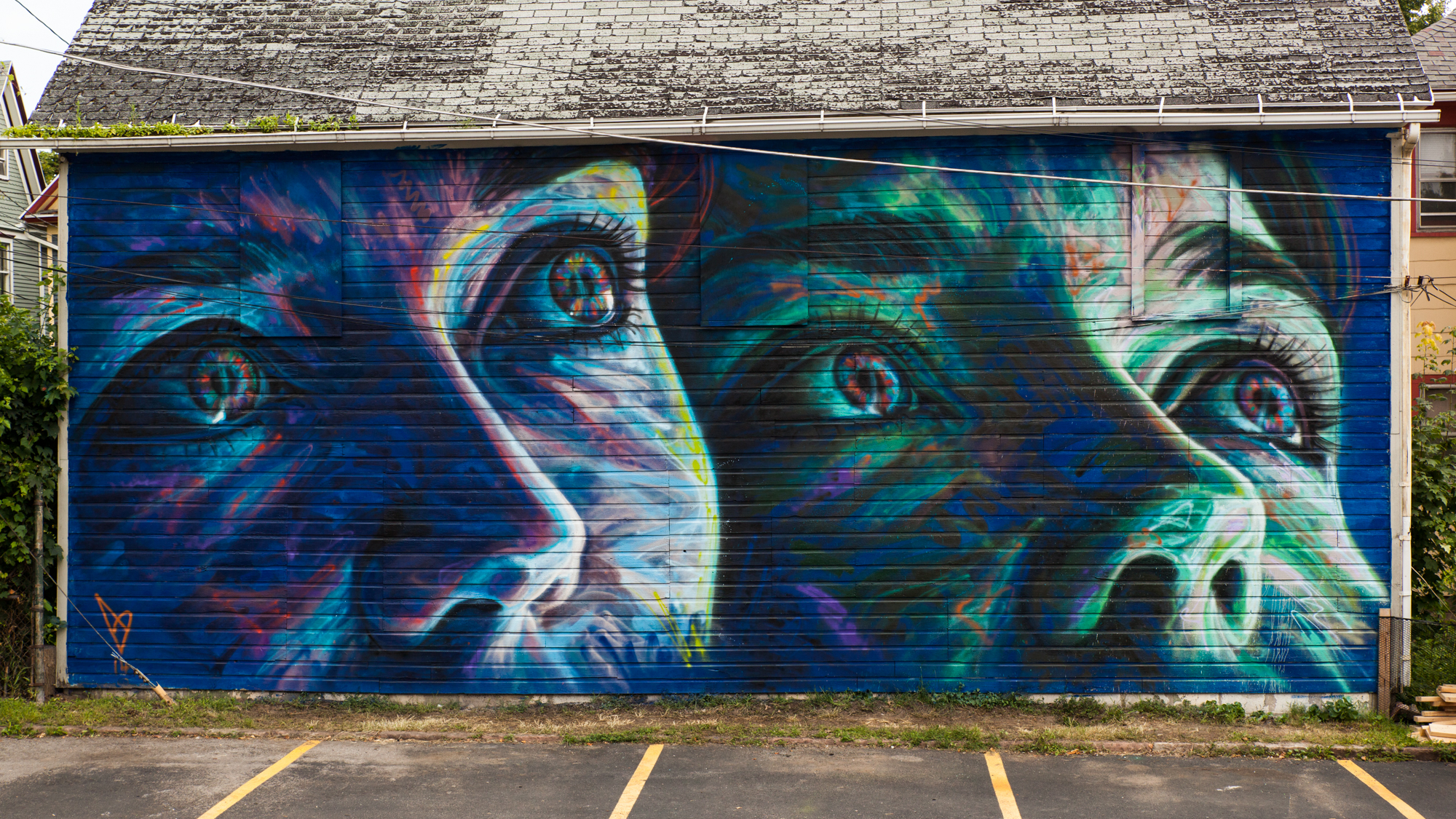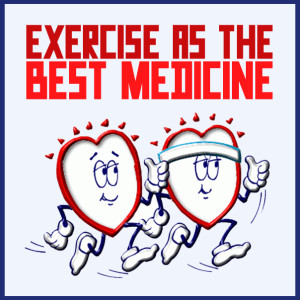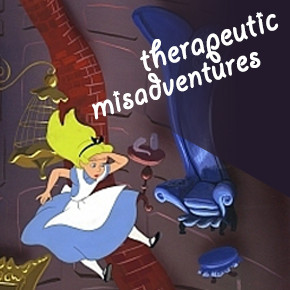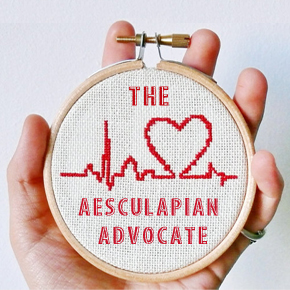Go the Distance
Have you ever spent a night curled up in a ball of blankets rocking yourself, tears streaming down your cheeks, just wishing you could go to sleep and wake up a couple of months later? As a teenager, I had more of these nights than I did nights of restful sleep. There was no particular trigger. I had an idyllic childhood, growing up in a quiet suburb with a loving, supportive family.

